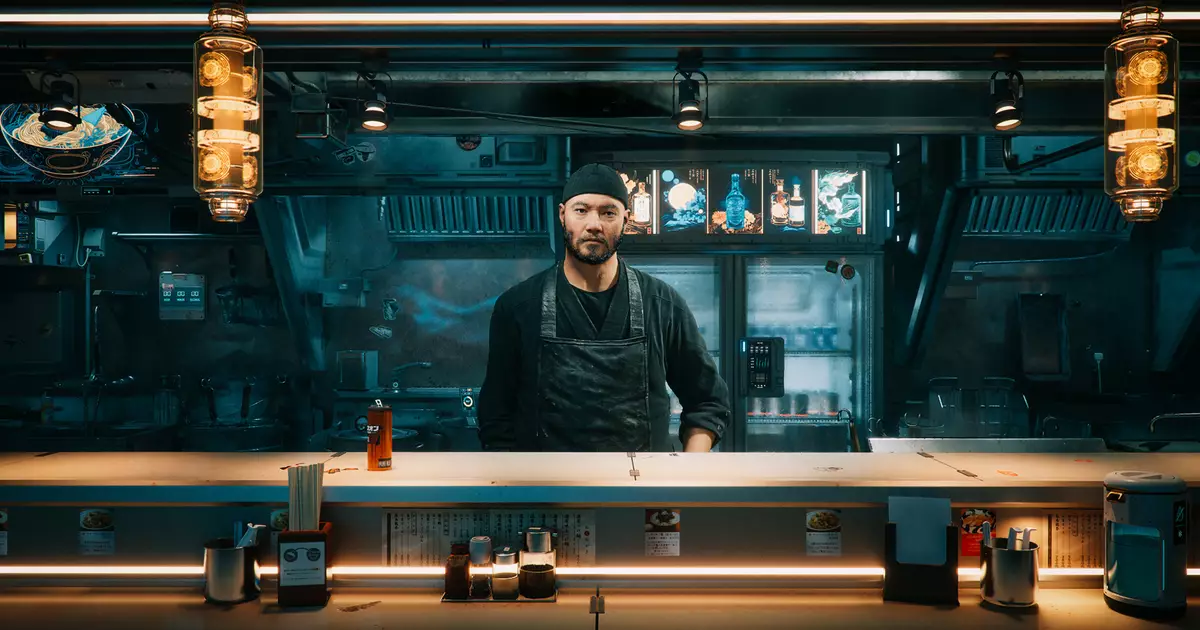Generative AI is currently a hot topic in various industries, including video games, art, and culture. Recently, the CEO of Nvidia, a prominent graphics card manufacturer, made a bold prediction regarding the future of AI in video games. Jensen Huang claimed that within the next 10 years, we could witness games where every element seen on-screen is generated in real-time by AI.
Current State of Generative AI
According to Huang, we are already two years into the ‘S curve,’ which signifies the widespread adoption and advancement of generative AI technologies. He mentioned that within a decade, most technologies become practical and effective, with the possibility of it happening even sooner, within five years. Huang highlighted the success of ChatGPT as an example, stating that it is not only practical but often superior in performance.
Various tech companies, including Nvidia, have been exploring the use of AI and machine learning in different applications. From AI-generated conversations between NPCs in games to utilizing AI for enhancing graphics through features like Deep Learning Anti-Aliasing (DLAA) and Deep Learning Super Sampling (DLSS), the industry is actively experimenting with AI technologies.
While the idea of AI generating entire games in real-time is intriguing, there are concerns about the implications of such advancements. It raises questions about the role of traditional graphics processing units (GPUs) and the extent to which AI can replace human-made assets in game development. There is also the ethical concern of AI potentially infringing on the work of artists and creators without proper credit or compensation.
The Future Outlook
Despite the uncertainties and challenges posed by the growing presence of AI in video games, Huang remains optimistic about its future role. He envisions AI playing a significant role in shaping the gaming landscape in the coming years. However, it is crucial to ensure that the implementation of AI in video games is done thoughtfully and ethically, avoiding any negative consequences for the developers and creators involved.
The debate surrounding generative AI in video games reflects the broader discussions taking place in various fields about the potential and risks associated with AI technologies. While the future of AI in gaming holds great promise, it is essential to approach its development with caution and consideration for the impact it may have on the industry as a whole.


Leave a Reply